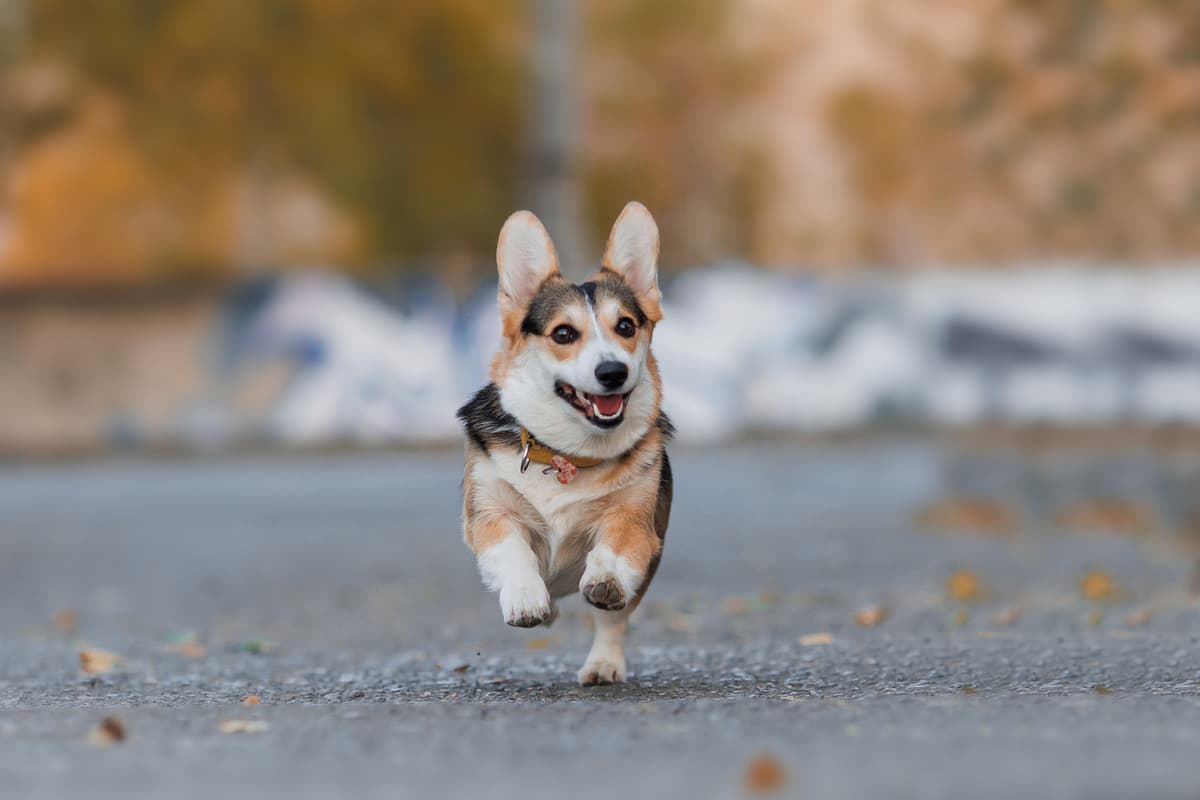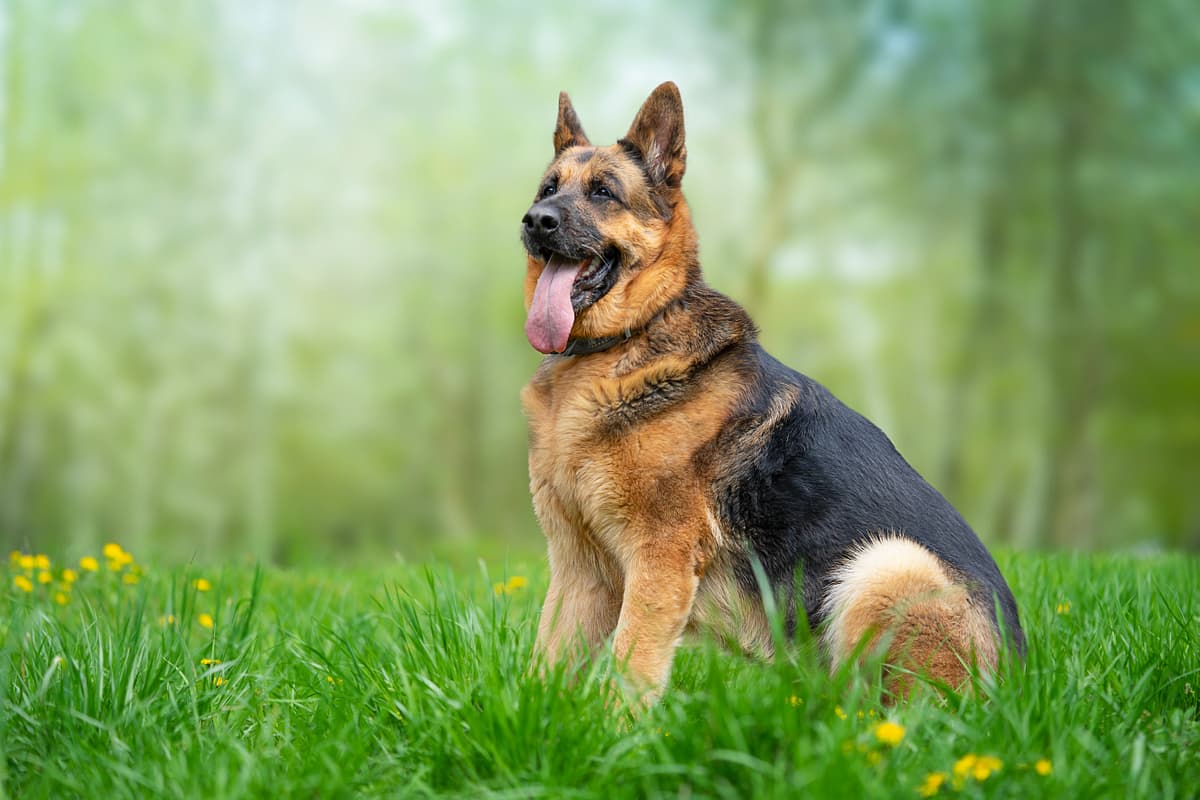Welsh Corgi (Cardigan/Pembroke) vs German Shepherd
Discover the differences between Welsh Corgi (Cardigan/Pembroke) and German Shepherd to make the best choice for your situation.
Try different breeds

Welsh Corgi (Cardigan/Pembroke)
A spirited, affectionate, and clever companion with a big personality packed into a small, sturdy body. Famous for their fox-like faces, short legs, and loyal nature.

German Shepherd
Confident, loyal, and highly intelligent, this breed thrives as both a devoted family companion and a reliable working partner. Always alert and eager to learn, it adapts to many roles with ease.
Quick comparison
Small
13–17 kg
Double coat, weather-resistant
12–15 years
11–15 kg
Moderately active
Large
30–40 kg
Double coat, dense undercoat
9–13 years
22–32 kg
High energy
Personality & behavior
Compare the personality traits and behavioral characteristics of both breeds.
Welsh Corgi (Cardigan/Pembroke)
Affectionate and sociable with people and pets
Quick learner, responds well to training
Active, enjoys regular exercise and activity
Loves games, toys, and interactive play
Adjusts well to new routines and environments
German Shepherd
Warm with family, reserved with strangers
Quick learner, highly trainable and alert
Needs regular activity and vigorous exercise
Enjoys games, interactive and engaging
Adjusts well to new situations and environments
Care needs
Exercise, grooming, and daily care requirements
Welsh Corgi (Cardigan/Pembroke)
Intervertebral disc disease, progressive retinal atrophy
German Shepherd
Hip dysplasia, elbow dysplasia
Suitability
How well each breed fits different living situations and families
Welsh Corgi (Cardigan/Pembroke)
Great choice
Easy to train and eager to please, making them manageable for new owners
Very adaptable
Small size and moderate activity needs suit apartment life if exercised daily
Highly suitable
Enjoy regular activity and play, thriving in active environments
Good companions
Gentle and playful, usually patient with respectful children
Generally friendly
Get along with other pets if socialized from a young age
Prone to anxiety
Dislike being left alone for long periods and may develop behavioral issues
German Shepherd
Challenging for beginners
Needs experienced, consistent training and socialization
Not ideal
Needs space and frequent exercise to prevent boredom
Perfect fit
Thrives with active owners who can provide daily physical and mental challenges
Highly suitable
Loyal and protective, can be gentle and patient with proper socialization
Usually compatible
Can get along with other pets if raised together and well socialized
Prone to anxiety
Dislikes being left alone for long periods and may develop behavioral issues
Breed strengths
What each breed excels at and their best qualities
Welsh Corgi (Cardigan/Pembroke)
- Intelligent and quick to learn tasks
- Loyal and forms strong family bonds
- Adaptable to various living environments
- Generally good with children and pets
- Alert and effective watchdog instincts
German Shepherd
- Highly intelligent and quick to learn tasks
- Strong loyalty to family members
- Excellent working and service dog abilities
- Protective instincts make them good guardians
- Adaptable to various training activities
Challenges & considerations
Potential challenges and considerations for each breed
Welsh Corgi (Cardigan/Pembroke)
- Prone to weight gain without exercise
- Can be stubborn during training sessions
- High herding drive may cause nipping
- Sheds heavily throughout the year
- Needs regular mental and physical stimulation
German Shepherd
- Prone to hip and elbow dysplasia
- High exercise needs require daily activity
- Can develop separation anxiety if left alone
- May be wary of strangers without socialization
- Heavy seasonal shedding requires frequent grooming
Ready to choose your perfect breed?
Learn more about each breed or compare other breeds to find the perfect match for your lifestyle.
Discover more helpful tools
Make use of our other free tools to get the most out of your pet experience
